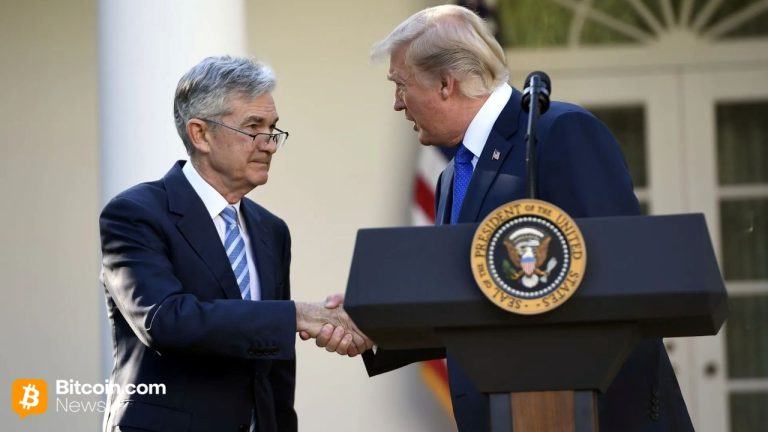Officials in Washington say the effort is designed to choke off financing for the Islamic Revolutionary Guard Corps-Quds Force (IRGC-QF) and Iran’s Ministry of Defense, both long accused of funding weapons development and regional militias. The latest crackdown highlights how digital wallets and offshore registries are being folded into the infrastructure of illicit finance.
How the Network Operated
Investigators described a system built on front companies registered in Hong Kong and the United Arab Emirates. Firms such as Alpa Trading in Dubai and Alpa Hong Kong Limited were allegedly set up to mask the origins of Iranian oil sales. Individuals including Derakhshan and Alivand were named as key operators, accused of channeling proceeds from crude shipments through these entities.
Treasury officials also traced connections to Hezbollah-linked financiers and to Syria’s Al-Qatirji Company, a business previously blacklisted for assisting with Iranian oil smuggling. According to U.S. claims, Hezbollah money handler Tawfiq Muhammad Sa’id al-Law not only facilitated multimillion-dollar trades but also arranged for digital wallets to receive funds derived from IRGC-QF commodity sales.
Sanctions Have Not Halted Activity
Although the Treasury has sanctioned many of these actors before, their networks appear to be resilient. Ramin Jalalian, an Iranian currency broker designated last year, was cited as continuing to communicate with members of the group. Authorities allege he oversees operations at Powell Raw Materials Trading LLC and Powell International FZE, two UAE-based companies serving as financial conduits.
Treasury undersecretary John K. Hurley said the administration of President Donald Trump intends to keep targeting Iranian financing structures, noting that additional oil tankers and nearly 200 crypto wallets were sanctioned earlier this month in related actions.
Crypto’s Expanding Role in Evasion
Digital assets have become an increasingly common tool for sanctioned groups. Earlier this year, the U.S. identified TRON-based wallets linked to Yemen’s Houthi movement that collectively processed close to $900 million in stablecoins. Those transfers were allegedly used to purchase Russian weapons for delivery into Houthi-controlled areas, according to security firm Elliptic.
Taken together, the latest moves show how Washington is broadening its focus from tankers and traditional banks to blockchain wallets and shell firms, aiming to close the gaps Iran and its allies continue to exploit.
The information provided in this article is for educational purposes only and does not constitute financial, investment, or trading advice. Coindoo.com does not endorse or recommend any specific investment strategy or cryptocurrency. Always conduct your own research and consult with a licensed financial advisor before making any investment decisions.
The post U.S. Moves to Block Iran’s Oil Revenues Routed Through Crypto appeared first on Coindoo.















 Bengali (Bangladesh) ·
Bengali (Bangladesh) ·  English (United States) ·
English (United States) ·